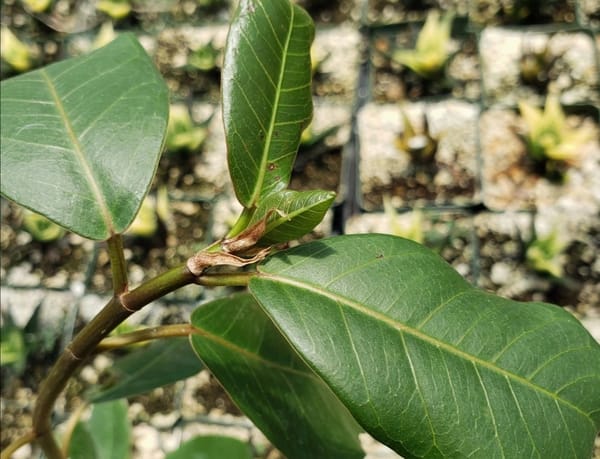The chronicles of Maasai people (Tanzania) and dormant human rights action

The Maasai people, a vibrant and culturally rich community in Tanzania, are facing a silent crisis - a crisis of statelessness. Denied legal recognition and stripped of their land, they are increasingly becoming invisible, their fundamental human rights under threat. For generations, the Maasai have lived in harmony with the land, their livelihoods intertwined with the vast plains of Tanzania. However, their traditional ways of life are being eroded by a relentless wave of displacement and discrimination.
The Tanzanian government's policy of prioritizing large-scale commercial agriculture and tourism development is pushing the Maasai off their ancestral lands. This is often done without proper compensation or consultation, leaving them vulnerable to poverty and food insecurity. Reports of forced evictions and violence against Maasai communities are becoming increasingly common.
The Maasai are further marginalized by the denial of legal recognition and identification. Many lack official birth certificates, making it impossible for them to access basic services like healthcare, education, and employment.
Without official identity, they are rendered stateless, effectively invisible to the government and the world. Statelessness is a violation of fundamental human rights. It condemns individuals to a life on the margins of society, devoid of basic protections and opportunities.
For the Maasai, it means: loss of livelihoods, deprived of their traditional lands, their livestock herding practices are disrupted, and their livelihoods are threatened. Limited access to services, without identification, access to healthcare, education, and other essential services is denied, exacerbating poverty and inequality.
Vulnerability to exploitation, statelessness leaves individuals vulnerable to abuse and exploitation, as they lack the legal protections afforded to citizens. This situation demands immediate and concerted action from the Tanzanian government, regional blocs, and international organizations.
The African Union (AU) and the Southern African Development Community (SADC) should condemn these human rights violations and pressure the Tanzanian government to recognize the Maasai's land rights and guarantee their access to citizenship. International Organizations like the United Nations High Commissioner for Refugees (UNHCR) must provide humanitarian assistance to the affected Maasai communities and advocate for their rights.
The Tanzanian government must: recognize the Maasai's land rights and ensure they have secure access to their traditional lands. Provide legal recognition and identification documents to all Maasai, guaranteeing their access to basic services and protections. Protect the Maasai from violence and forced evictions and hold perpetrators accountable.
The situation facing the Maasai in Tanzania is a stark reminder of the devastating consequences of statelessness. The world cannot stand idly by while a vibrant and culturally rich community is denied its basic human rights. Urgent action is needed to prevent this silent crisis from becoming a full-blown humanitarian disaster.




